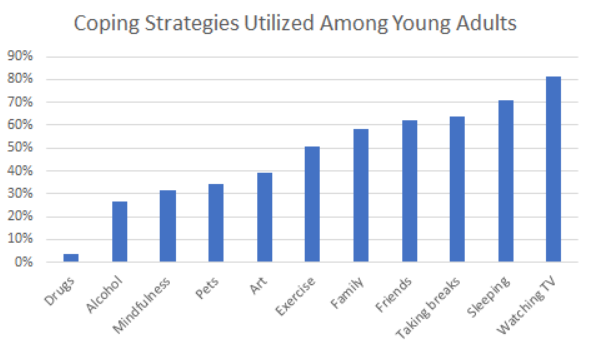For more resources, check out our other tabs!
0 Comments
Leave a Reply. |
mental healthThe COVID-19 brought significant changes and challenges in terms of our (mental) wellness. Read our posts to learn more about how we explored mental wellness during this unprecedented time.
|


